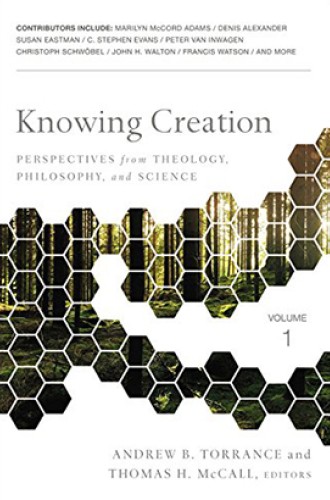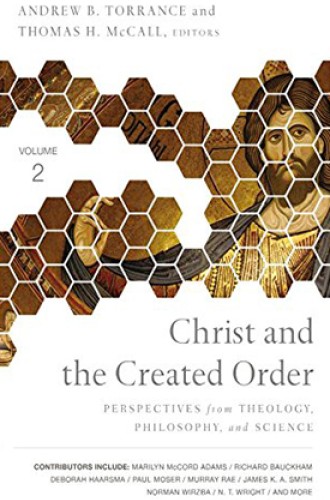Crossing the boundary between theology and science
Essays that consider the natural order as God's creation—in a way scientists might recognize.
If (like me) you’ve thought that much of the writing on creation care and environmental stewardship was theologically thin, and if (like me) it’s bothered you that many Christians writing about the created world appear to feel it necessary to jettison their religious convictions in order to be permitted to have a conversation with real scientists, you need to read these two books. Each volume brings together leading Christian theologians, biblical scholars, philosophers, and scientists to offer a sustained, complex, and quite wonderful conversation about God, science, and the created realm.
The editors assume that “there should be nothing about a Christian theology of creation that necessitates competition with the mainstream consensus of modern science.” They serve notice that they have collected essays that “are not simply informed by empirical science but also by metaphysical assumptions about the nature of things.” Refusing to succumb to Stephen Jay Gould’s rule that science deals with the realm of “hard facts” while theology is concerned with “values and meaning,” all of the essayists attempt to think about the natural order as creation, but in a way that scientists—if they are willing to consider the possibility that theological thought is indeed thinking—will recognize as science.
What unites all of these writers is the deft ability to overcome the academic pressure to stay confined within the boundaries of their field. No naive apologetic, here is theology eager and willing to do the homework required to be a worthy conversation partner with science. Here also is science willing to risk metaphysics. Engaging Job, Moses, Luther, Calvin, Derrida, and Dawkins (who doesn’t come out well at all), these essays make me proud to be part of the Christian tradition that has no reason to cower before the claims of science.







